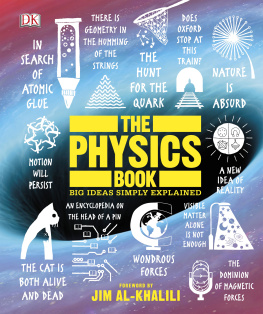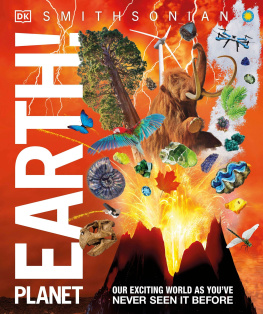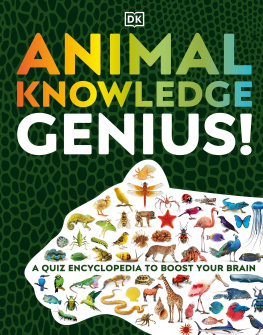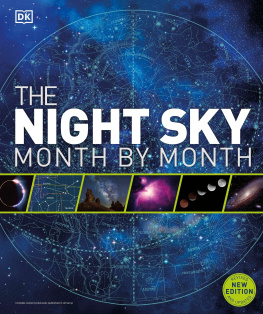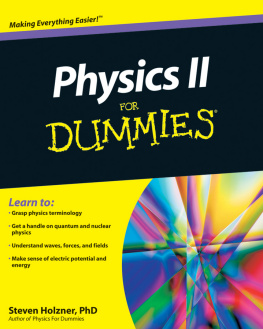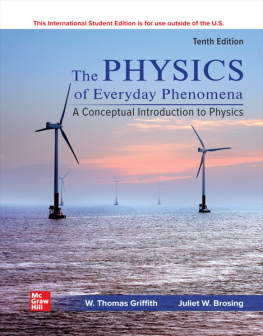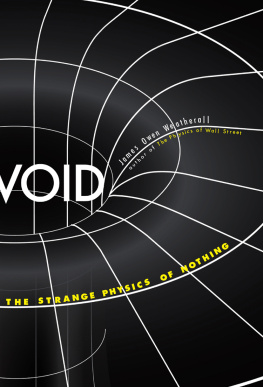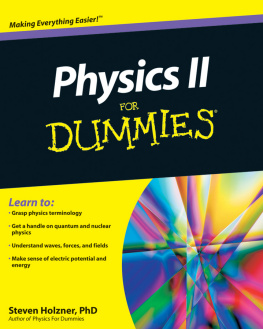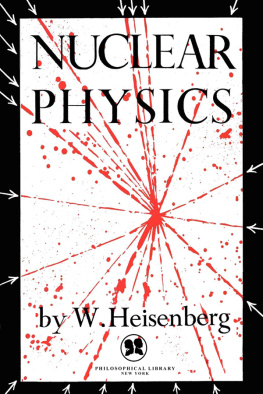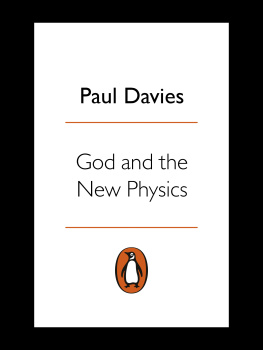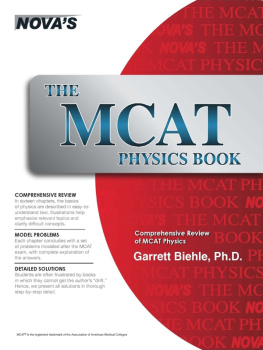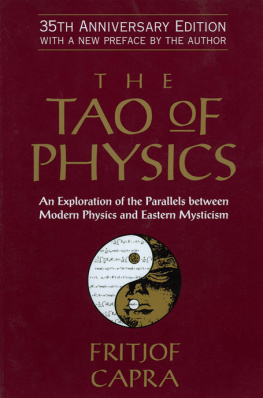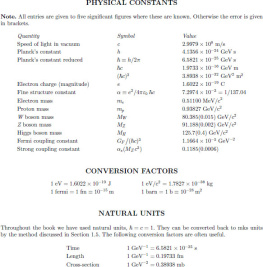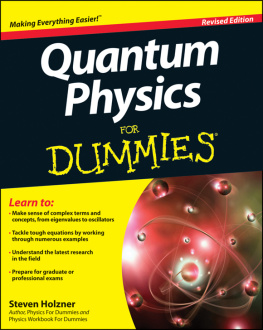DK - The Physics Book
Here you can read online DK - The Physics Book full text of the book (entire story) in english for free. Download pdf and epub, get meaning, cover and reviews about this ebook. year: 2020, publisher: DK Publishing, genre: Non-fiction. Description of the work, (preface) as well as reviews are available. Best literature library LitArk.com created for fans of good reading and offers a wide selection of genres:
Romance novel
Science fiction
Adventure
Detective
Science
History
Home and family
Prose
Art
Politics
Computer
Non-fiction
Religion
Business
Children
Humor
Choose a favorite category and find really read worthwhile books. Enjoy immersion in the world of imagination, feel the emotions of the characters or learn something new for yourself, make an fascinating discovery.
- Book:The Physics Book
- Author:
- Publisher:DK Publishing
- Genre:
- Year:2020
- Rating:3 / 5
- Favourites:Add to favourites
- Your mark:
- 60
- 1
- 2
- 3
- 4
- 5
The Physics Book: summary, description and annotation
We offer to read an annotation, description, summary or preface (depends on what the author of the book "The Physics Book" wrote himself). If you haven't found the necessary information about the book — write in the comments, we will try to find it.
DK: author's other books
Who wrote The Physics Book? Find out the surname, the name of the author of the book and a list of all author's works by series.
The Physics Book — read online for free the complete book (whole text) full work
Below is the text of the book, divided by pages. System saving the place of the last page read, allows you to conveniently read the book "The Physics Book" online for free, without having to search again every time where you left off. Put a bookmark, and you can go to the page where you finished reading at any time.
Font size:
Interval:
Bookmark:


Preferred application settings
For the best reading experience, the following application settings are recommended:
- Color theme: White background
- Font size: At the smallest point size
- Orientation: Landscape(for screen sizes over 9/23cm), Portrait(for screen sizes below 9/23cm)
- Scrolling view: [OFF]
- Text alignment: Auto-justification [OFF](if the eBook reader has this feature)
- Auto-hyphenation: [OFF](if the eBook reader has this feature)
- Font style: Publisher default setting [ON](if the eBook reader has this feature)
- Images: Double tapon the images to see them in full screen and be able to zoom in on them
I fell in love with physics as a boy when I discovered that this was the subject that best provided answers to many of the questions I had about the world around mequestions like how magnets worked, whether space went on forever, why rainbows form, and how we know what the inside of an atom or the inside of a star looks like. I also realized that by studying physics I could get a better grip on some of the more profound questions swirling around in my head, such as: What is the nature of time? What is it like to fall into a black hole? How did the universe begin and how might it end?
Now, decades later, I have answers to some of my questions, but I continue to search for answers to new ones. Physics, you see, is a living subject. Although there are many things we now know with confidence about the laws of nature, and we have used this knowledge to develop technologies that have transformed our world, there is still much more we do not yet know. That is what makes physics, for me, the most exciting area of knowledge of all. In fact, I sometimes wonder why everyone isnt as in love with physics as I am.
But to bring the subject aliveto convey that sense of wonderrequires much more than collecting together a mountain of dry facts. Explaining how our world works is about telling stories; it is about acknowledging how we have come to know what we know about the universe, and it is about sharing in the joy of discovery made by the many great scientists who first unlocked natures secrets. How we have come to our current understanding of physics can be as important and as joyful as the knowledge itself.
This is why I have always had a fascination with the history of physics. I often think it a shame that we are not taught at school about how concepts and ideas in science first developed. We are expected to simply accept them unquestioningly. But physics, and indeed the whole of science, isnt like that. We ask questions about how the world works and we develop theories and hypotheses. At the same time, we make observations and conduct experiments, revising and improving on what we know. Often, we take wrong turns or discover after many years that a particular description or theory is wrong, or only an approximation of reality. Sometimes, new discoveries are made that shock us and force us to revise our view entirely.
One beautiful example of this that has happened in my lifetime was the discovery, in 1998, that the universe is expanding at an accelerating pace, leading to the idea of so-called dark energy. Until recently, this was regarded as a complete mystery. What was this invisible field that acted to stretch space against the pull of gravity? Gradually, we are learning that this is most likely something called the vacuum energy. You might wonder how changing the name of something (from dark energy to vacuum energy) can constitute an advance in our understanding. But the concept of vacuum energy is not new. Einstein had suggested it a hundred years ago, then changed his mind when he thought hed made a mistake, calling it his biggest blunder. It is stories like this that, for me, make physics so joyous.
This is also why The Physics Book is so enjoyable. Each topic is made more accessible and readable with the introduction of key figures, fascinating anecdotes, and the timeline of the development of the ideas. Not only is this a more honest account of the way science progresses, it is also a more effective way of bringing the subject alive.
I hope you enjoy the book as much as I do.
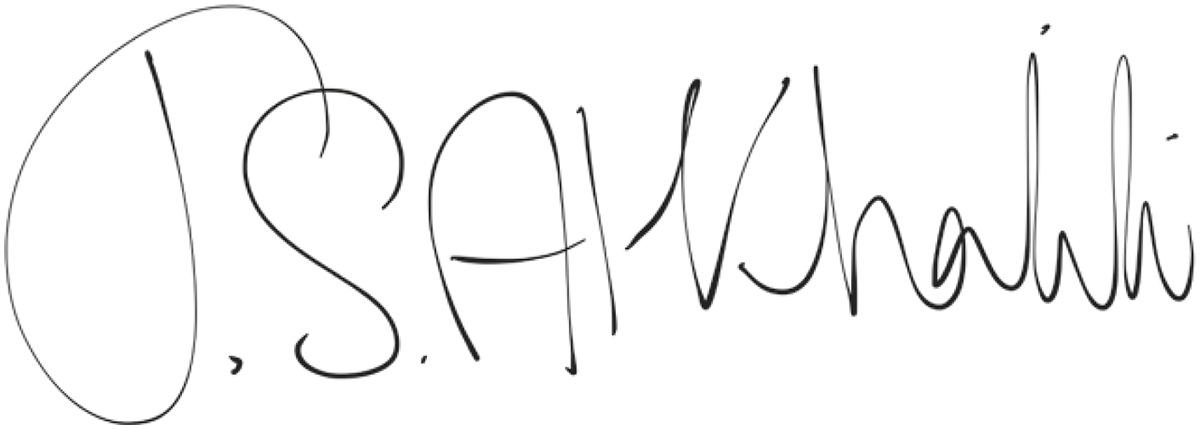
Jim Al-Khalili

We humans have a heightened sense of our surroundings. We evolved this way to outmaneuver stronger and faster predators. To achieve this, we have had to predict the behavior of both the living and the inanimate world. Knowledge gained from our experiences was passed down through generations via an ever-evolving system of language, and our cognitive prowess and ability to use tools took our species to the top of the food chain.
We spread out of Africa from around 60,000 years ago, extending our abilities to survive in inhospitable locations through sheer ingenuity. Our ancestors developed techniques to allow them to grow plentiful food for their families, and settled into communities.

Early societies drew meaning from unrelated events, saw patterns that did not exist, and spun mythologies. They also developed new tools and methods of working, which required advanced knowledge of the inner workings of the worldbe it the seasons or the annual flooding of the Nilein order to expand resources. In some regions, there were periods of relative peace and abundance. In these civilized societies, some people were free to wonder about our place in the universe. First the Greeks, then the Romans tried to make sense of the world through patterns they observed in nature. Thales of Miletus, Socrates, Plato, Aristotle, and others began to reject supernatural explanations and produce rational answers in the quest to create absolute knowledgethey began to experiment.
At the fall of the Roman Empire, so many of these ideas were lost to the Western world, which fell into a dark age of religious wars, but they continued to flourish in the Arab world and Asia. Scholars there continued to ask questions and conduct experiments. The language of mathematics was invented to document this new-found knowledge. Ibn al-Haytham and Ibn Sahl were just two of the Arab scholars who kept the flame of scientific knowledge alive in the 10th and 11th centuries, yet their discoveries, particularly in the fields of optics and astronomy, were ignored for centuries outside the Islamic world.
With global trade and exploration came the exchange of ideas. Merchants and mariners carried books, stories, and technological marvels from east to west. Ideas from this wealth of culture drew Europe out of the dark ages and into a new age of enlightenment known as the Renaissance. A revolution of our world view began as ideas from ancient civilizations became updated or outmoded, replaced by new ideas of our place in the universe. A new generation of experimenters poked and prodded nature to extract her secrets. In Poland and Italy, Copernicus and Galileo challenged ideas that had been considered sacrosanct for two millenniaand they suffered harsh persecution as a result.
Font size:
Interval:
Bookmark:
Similar books «The Physics Book»
Look at similar books to The Physics Book. We have selected literature similar in name and meaning in the hope of providing readers with more options to find new, interesting, not yet read works.
Discussion, reviews of the book The Physics Book and just readers' own opinions. Leave your comments, write what you think about the work, its meaning or the main characters. Specify what exactly you liked and what you didn't like, and why you think so.

